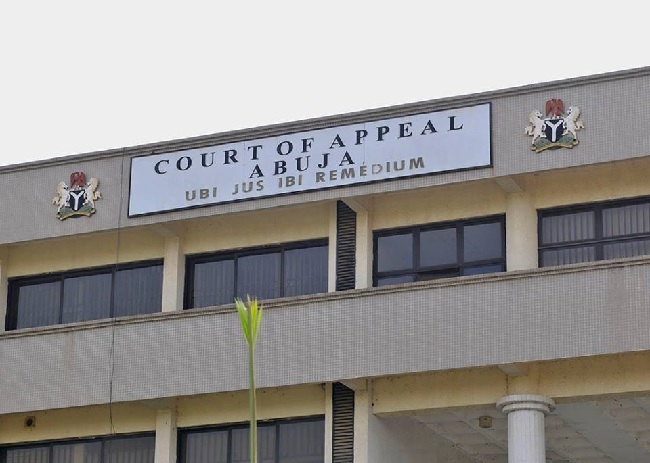 The convenience of online shopping is increasingly overshadowed by the growing menace of fraudulent vendors. Oboagwina Caleb, a legal practitioner, laments the roaring cases of online shopping frauds, stating, “We must protect consumers from dishonest vendors exploiting the ease of online shopping.” With the ease of setting up online stores, dishonest individuals and entities exploit unsuspecting consumers, leading to significant financial losses.
The convenience of online shopping is increasingly overshadowed by the growing menace of fraudulent vendors. Oboagwina Caleb, a legal practitioner, laments the roaring cases of online shopping frauds, stating, “We must protect consumers from dishonest vendors exploiting the ease of online shopping.” With the ease of setting up online stores, dishonest individuals and entities exploit unsuspecting consumers, leading to significant financial losses.
The Federal Competition and Consumer Protection Commission (FCCPC) plays a crucial role in safeguarding consumers. Yet, there is an urgent need to enhance its regulatory framework to address the rising threat of online scams.
The FCCPC is tasked with protecting consumers from unfair business practices and promoting a fair marketplace. Despite its efforts, the rising number of online fraud cases reveals gaps in the current protective measures. Strengthening the regulatory mechanisms for online vendors is imperative to curb these fraudulent activities effectively.
A robust recommendation to enhance consumer protection is the mandatory online registration of all businesses with the FCCPC. This registration should involve submitting essential documents, including the certificate of incorporation, National Identification Number (NIN), and the residential address of the principal officers of the organization. Upon successful registration, businesses would be issued an accreditation number, akin to a barcode, that consumers can verify to ascertain the legitimacy of the company.
A recent incident underscores the urgent need for stricter regulations. Caleb fell victim to an online scam orchestrated by EcoTech Fuelless Limited, a vendor purportedly selling fuelless generators.
This experience resulted in a financial loss of NGN 249,500. Despite conducting a personal investigation and reporting the matter to the Inspector General of Police (IGP), the incident highlights the broader issue of online fraud and the necessity for stringent regulatory measures.
“Implementing an online registration system will allow consumers to verify businesses’ authenticity before engaging in transactions,” Caleb emphasized. This step will significantly reduce the risk of falling victim to fraudulent vendors. By requiring detailed information about the principal officers, the proposed system will ensure greater accountability. In fraud cases, these individuals can be easily traced and held responsible.
Implementing this system will boost consumer confidence in online shopping. Knowing that there is a reliable mechanism to verify businesses will encourage more people to embrace e-commerce without fear of fraud. The stringent requirements for registration will deter potential fraudsters from setting up fake online stores, thereby reducing the overall incidence of online scams.
In addition to the registration system, a comprehensive public awareness campaign is essential. Utilizing social media platforms and influencers can significantly amplify the reach and impact of the campaign. By leveraging influencers who have a large following and are trusted by their audience, the FCCPC can effectively disseminate information about consumer rights and how to verify the legitimacy of online vendors.
The campaign should focus on educating consumers about the importance of verifying business credentials before making online purchases. It should also highlight the risks of online fraud, promote verification tools, and encourage victims of online fraud to report incidents to the FCCPC and law enforcement agencies promptly.
The FCCPC was established to protect consumers, and it must adapt to the evolving landscape of commerce, which increasingly includes online transactions.
By mandating the online registration of businesses and issuing verifiable accreditation numbers, the commission can significantly enhance consumer protection.
This proactive measure will safeguard individuals from financial loss and promote a fair and trustworthy online marketplace. As a legal practitioner and a recent victim of online fraud, Caleb urges the FCCPC to consider this recommendation seriously. Strengthening the regulatory framework will ensure that the digital marketplace remains a safe and reliable platform for consumers across Nigeria.













